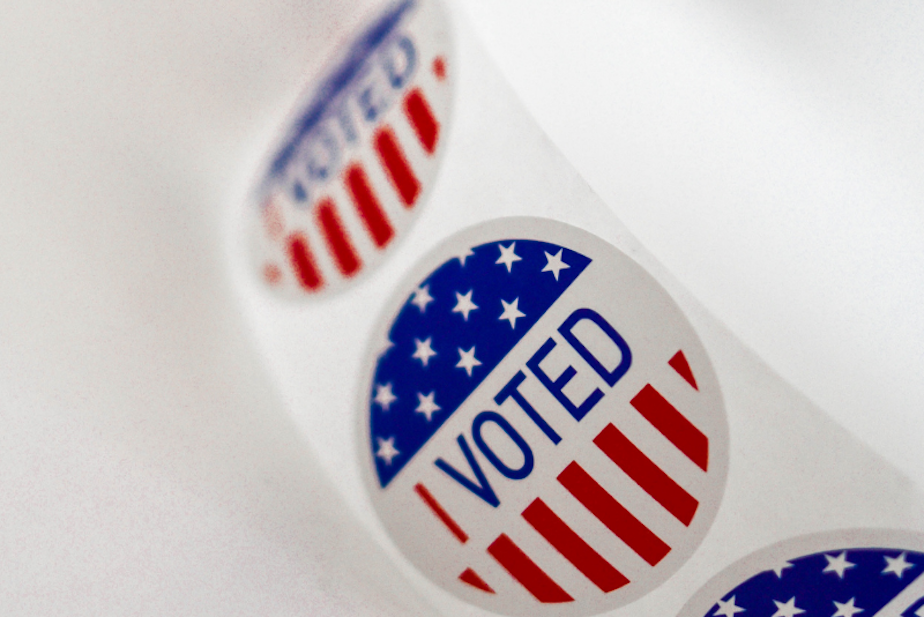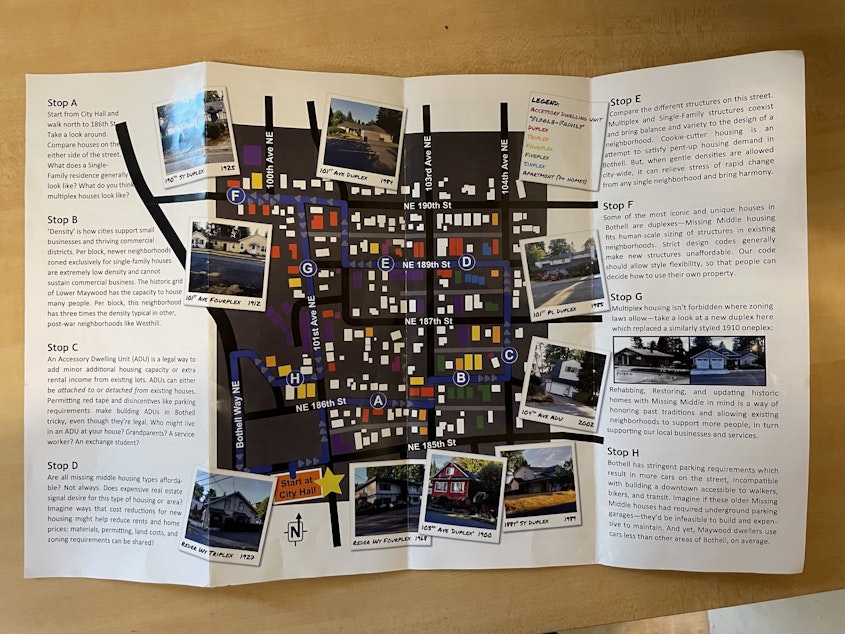Too soon to update Washington's voting laws?: Today So Far

- Two brave Seattle restaurateurs who launched during a pandemic.
- Washington lawmakers consider changes to voter laws, and just like the national debate, the local discussion is falling along partisan lines.
- Washington's wildfires have moved faster than the state's ability to replenish the trees that have burned down.
This post originally appeared in KUOW's Today So Far newsletter for Feb. 3, 2022.
Rising food costs. Labor shortages. And a great big global pandemic. Many would say that the past two years were not the best time to start a restaurant. But a couple small business owners in Seattle would say otherwise. That's not to say that it's been easy for Yasuaki Saito and Preeti Agarwal who opened their own respective establishments during the pandemic. They've worked hard and have taken some hits starting new businesses in Seattle, despite more than 3,300 other restaurants in Washington closing amid the pandemic. Those that survived now carry significant debt.
But Saito and Agarwal report receiving a positive reception from the community. KUOW's Ruby de Luna brings us this story about "the brave Seattle foodies who opened restaurants during Covid — and flourished."
Access to voting has become a national hot topic lately, falling along partisan lines. But there are also two bills aimed at updating voter laws in Washington state that are up for consideration this session. The first would allow certain organizations (not just individuals) to file a claim under the state's Voting Rights Act. Another bill aims to expand our state's "motor voter" law so that a person with an enhanced driver's license (they've proven citizenship) will automatically be registered to vote. It would also update a voter's address when it is updated at the DOL. But Washington may face a similar partisan divide when it comes to this local issue. Some GOP lawmakers argue it's premature to update voter laws that are only a few years old. Read the full story here.
The wildfires that have raged across the Northwest have eaten up a lot of forest land. And to make matters worse, we're facing a bit of a tree seed shortage, making it difficult to restore what has been lost. When a wildfire leaves forest land bare, the state goes in and replenishes it with seedlings that match the trees that were there before. Those seedlings often come from a nursery in Tumwater, Wash. But the recent wildfires have taken away more than the nursery can provide. It's prompted foresters to get creative. And solutions may be coming from an unlikely source — the region's tech industry. Soundside has the full story here.
AS SEEN ON KUOW

In Bothell, people can take a walking tour of the town, centered around different types of housing and how city codes sometimes prevent useful and needed homes from being built. It's part of a larger discussion across Washington about the "missing middle" — a gap in housing that contributes to the lack of affordability in the region. (Joshua McNichols / KUOW)
DID YOU KNOW?
February is Black History Month, which was first recognized in 1970. Since then, it has gone international and is celebrated in Canada, the UK, and Ireland.
Sponsored
But this effort was being celebrated long before our modern version. It was first established by academic and historian Carter G. Woodson in 1926 as "Negro History Week." The week coincided with the February birthdays of Frederick Douglas and Abraham Lincoln and included parades, banquets, speeches, poetry, and breakfasts. It was also intended to be included in schools to teach Black history. Woodson designed the week to counter the overlooked, or just ignored, contributions that Black Americans had made to the country. He wanted Black people to be viewed as participants in history.
But the week was also designed during a particular time in the United States. Jim Crow laws had long been in place. As were terrorist groups like the Red Shirts, who openly intimidated Republican candidates and voters. Red Summer occurred in 1919, when a series of massacres and riots were carried out across the U.S. causing the deaths of more than 1,000 Black citizens. In addition to its educational aspects, "Negro History Week" was also a countermeasure to this culture. It would evolve and be embraced by educational institutions and cities in the decades leading up the adoption of Black History Month in 1970.
ALSO ON OUR MIND

Across most of the United States, if your house catches on fire the first responders will likely be volunteers. But fewer volunteers are answering triple the number of calls they did decades ago, and the volunteers who do show up tend to be older, according to National Volunteer Fire Council. Some volunteer departments were already stretched dangerously thin, and then along came the pandemic.

